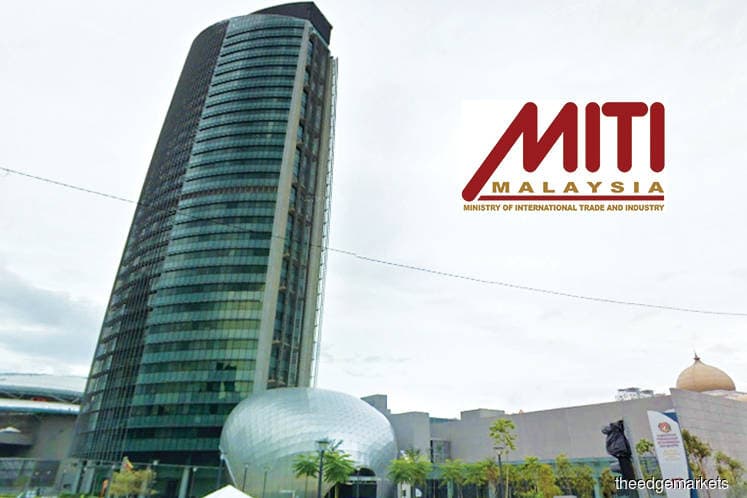
This article first appeared in The Edge Financial Daily on August 8, 2019
KUALA LUMPUR: The ministry of international and industry (Miti) is positive Malaysia’s automotive parts and components exports will meet its RM13 billion target this year.
Its minister Datuk Darell Leiking urged automotive manufacturers to expand capacities and improve capabilities.
In a statement yesterday, Darell said while public discussions and reports focused more on vehicle production and new models, the manufacturing and export of Malaysian-made vehicle parts and components deserved equal attention to ensure they grow in tandem with top-tier vehicle production.
“The manufacturing of vehicle parts and components is of equal importance to the success of the automotive industry, as it creates more businesses and career opportunities for Malaysians in the high value automotive chain. They are essentially the elements that define the final product,” he said.
Darell added that the diversity of manufacturing processes, multiplicity of specialisation, and varying levels of complexity (compared to vehicle assembly) made parts and components a key target sector to spur local competencies in science, engineering and technology adoption, particularly among Malaysian small and medium enterprises.
Malaysia’s parts and components sector reported a total export of RM6.76 billion in the first half of 2019, which is 52% of its target of RM13 billion set at the beginning of the year.
Exports of the sector had grown in the last five years, rising from RM4.7 billion in 2014 to RM12.1 billion in 2018.
Darell said businesses should take part in the numerous government programmes to accelerate their capabilities in upstream activities such as product and process designs, to ensure they optimised the value derived from parts and components trade and export.
He emphasised the importance of continuous and holistic growth in the expansion of capacities and capabilities of Malaysian automotive manufacturers as the global markets shift towards new automotive and mobility products and ownership models.
“While Miti is working hard to address concerns among certain quarters of the industry on our readiness to develop high-technology products such as autonomous technology, we cannot deny that such disruption will eventually render our current capabilities obsolete in the future.
“The only way forward is a fully concerted effort from the industry, government and research sectors to devise new solutions to ensure we reach the appropriate levels of compliance to global market demand,” he said.